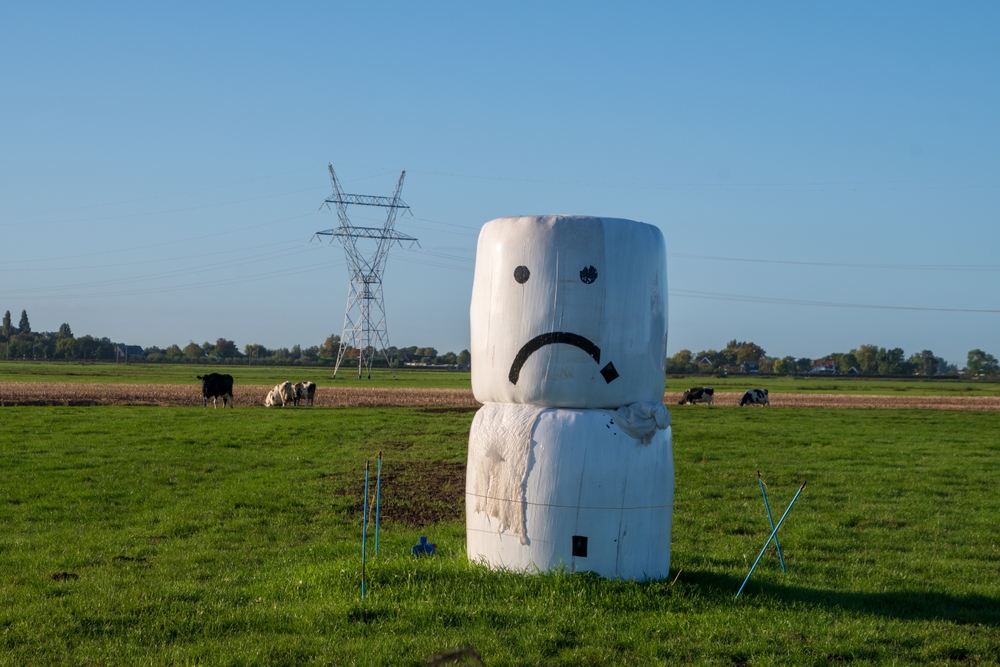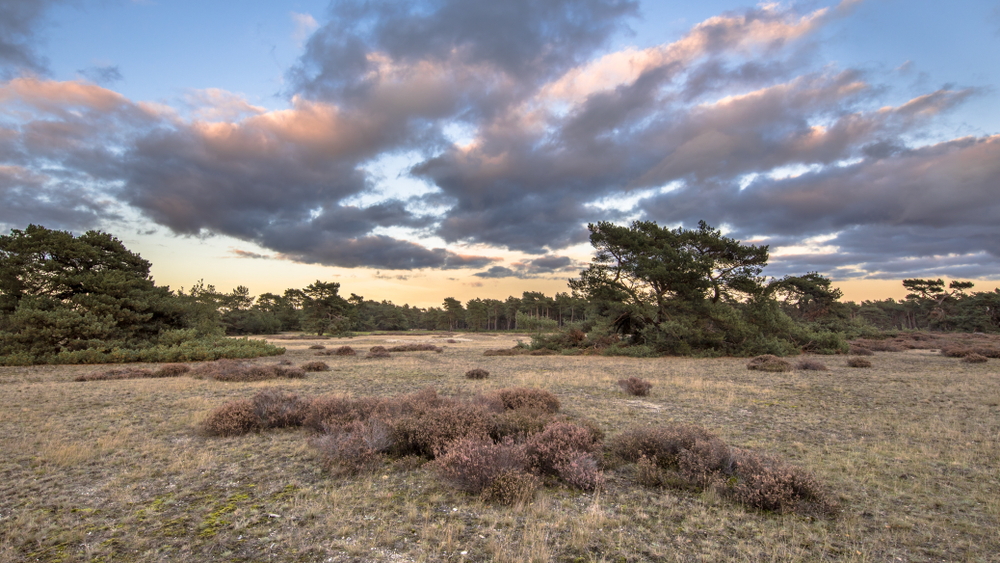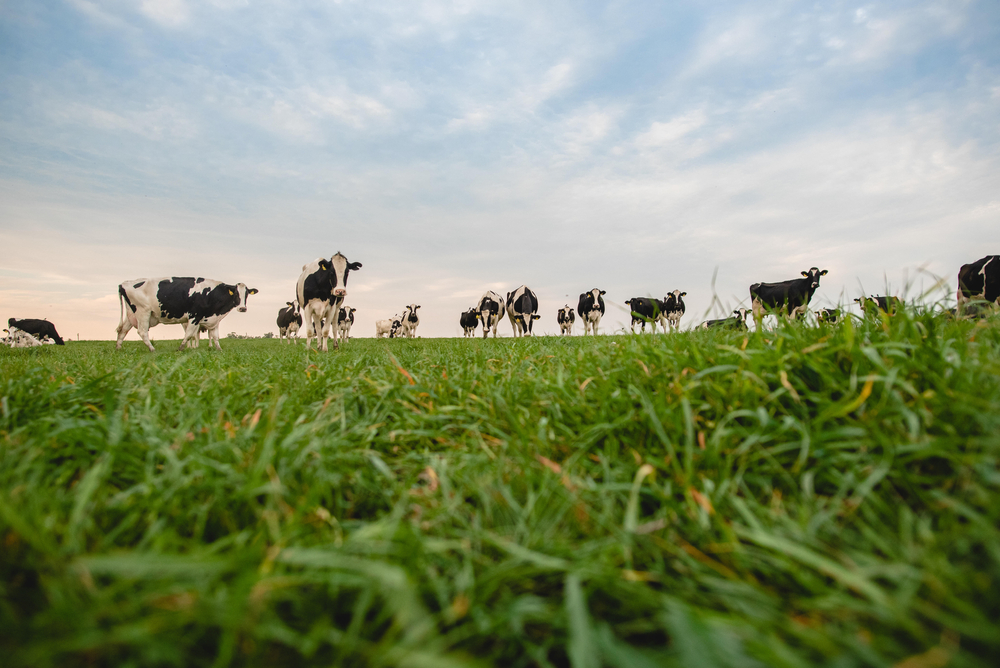Wageningen nitrogen experts were surprised when Minister Wiersma announced last month that the cabinet would end the National Rural Areas Programme (Dutch: Nationaal Programma Landelijk Gebied -NPLG), which addresses nitrogen and water quality issues. Resource asked several experts to share their views on how this may impact their domain. In this episode: Roel Jongeneel, senior researcher Wageningen Economic Research and co-author of the authoritative report on goal steering.
Stopping the NLPG means the minister is seeking the boundaries of what is possible, according to Jongeneel. ‘She wants to discuss easing the rules in Brussels while simultaneously disregarding one of the most essential instruments to reduce emissions and safeguard biodiversity – which is what the NPLG is. That will cast doubt on her credibility.’
In recent years, a lot of money, time, and energy has been invested in developing provincial plans for the NPLG. And with results, it would seem. While farmers, nature conservationists and other stakeholders were initially at odds, they bridged this gap through time and jointly devised many promising solutions. All that now appears to be in vain. Destruction of capital, Jongeneel asserts. Or at least, it would seem so.
Specific regions
Even for Jongeneel, the minister’s plans for the future are unclear. ‘Goal-steering was the intent, but in the agricultural budget, there are quite a few sums of money earmarked for things linked to provincial efforts targeted at specific regions. The total amounts to almost one billion euros. Quite a sum. So, there are several things that will continue as planned, but the question is what exactly? I believe that, as far as biodiversity and environmental goals are concerned, it is only the most necessary that will continue. And there is a lot of room to keep farmers going.’
Jongeneel says that the minister will not solve the problems with nitrogen and water quality. ‘Some of the consequences are suppressed, but that is just fighting the symptoms. This differs immensely from the previous cabinet, which really intended to address these issues. That cabinet said: okay, we understand that this is a tough deal for the farmers, so we will take that into consideration. But now, it is the exact opposite. This cabinet favours the farmers and takes only that which it is unable to ignore into account. The question is whether that will be enough. Personally, I feel the minister’s strategy is a risky one.’
Tsunami of court cases
The researcher is not all that pessimistic about the minister’s options in Brussels. ‘The new Euro commissioners may be more lenient. The Swedish environmental commissioner, who is responsible for assessing the Dutch plans for nitrogen and manure, is linked to a party that is quite critical of the Nature Recovery Law.’ But mildness in Brussels is not everything. Johan Vollenbroek, chair of the environmental club Mobilisation for the Environment, has already warned the cabinet about ‘a tsunami of court cases’. Jongeneel: ‘A judge can overturn things, which makes everything rather unpredictable. What you may expect to gain in Brussels may prove futile in the future.’
Nitrogen series
Episode #1 – ‘I believe the minister’s strategy is risky’ with Roel Jongeneel
Episode #2 – ‘Goal steering does not make nitrogen reduction easy all of a sudden’ with Edo Gies
Episode #3 – ‘The industry of doubt has hopefully become obsolete’ with Karin Groenestein
Episode #4 – ‘I expect the feed option to be brought back to the table’ with Jan Dijkstra
Episode #5 – ‘The funds are depleted, so we need smart solutions’ with Gerard Migchels
Episode #6 – ‘Let’s start goal-steering through a relatively simple system’ with Wim de Vries

 ‘This cabinet supports farmers and will only take into account that which they absolutely cannot ignore. Whether this is sufficient remains to be seen.’ Photo Shutterstock
‘This cabinet supports farmers and will only take into account that which they absolutely cannot ignore. Whether this is sufficient remains to be seen.’ Photo Shutterstock 

